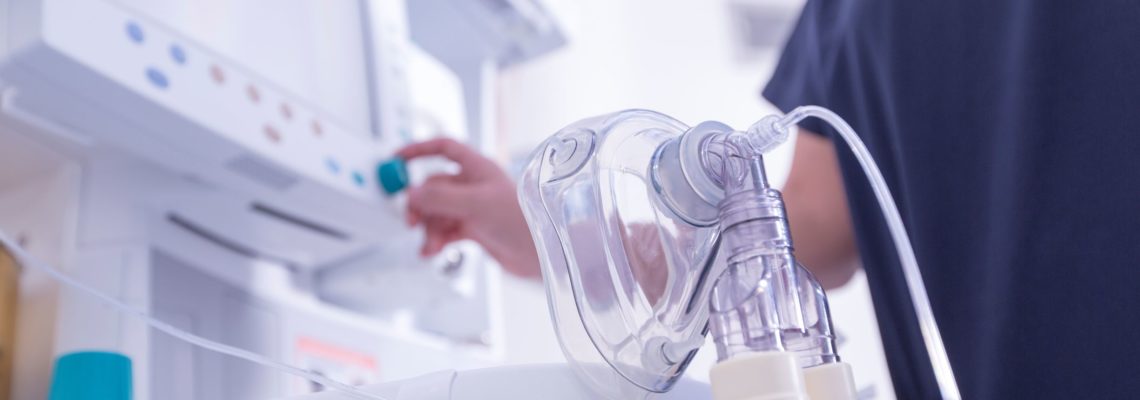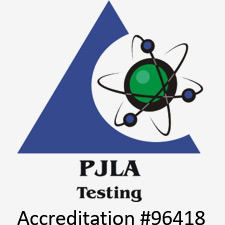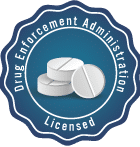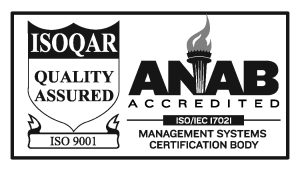Biocompatibility evaluation of breathing gas pathways in healthcare applications
The goal of ISO 18562 is to protect patients from the biological risks associated with the use of respiratory medical devices.
The standard is intended to cover medical devices which are intended to provide care for respiratory patients, including, but not limited to, ventilators and nebulizers. The various tests include analysis of particulate matter, emissions of volatile organic compounds (VOCs), and leachables present in the condensate of the device. The first part of the standard involves a thorough outline involving the development of appropriate tests necessary to ensure the safety of the medical device, also known as a risk management process. Once the risk management process has been established, the second, third, and fourth parts provide a guideline of general tests to ensure the safety of the device.
Appropriate tests recommended under these documents include:
- Double filtration for particle measurements
- Collecting VOCs on sorbents for subsequent characterization
- Analysis of leachables using GCMS, LCMS, ICPMS, and various toxicity tests (e.g., cytotoxicity and sensitization).
Jordi Labs has extensive experience in the testing of life-saving medical devices. We can support the testing needed to meet your ISO 18562 related requirements.
Please see all ISO 18562 documents listed below:
- ISO 18562-1: Evaluation and testing within a risk management process
- ISO 18562-2: Tests for emissions of particulate matter
- ISO 18562-3: Tests for emissions of volatile organic compounds (VOCs)
- ISO 18562-4: Tests for leachables in condensate
For more information on how Jordi Labs’ chemists can assist with your regulatory requirements, see our Regulatory Testing Services.





